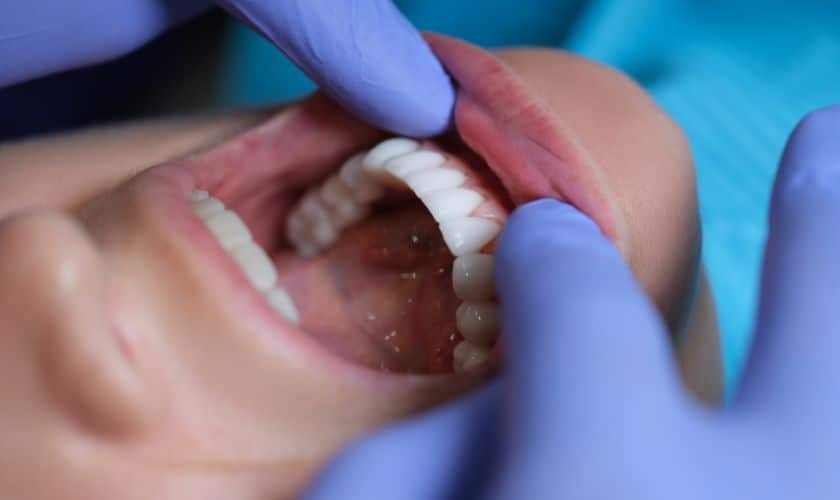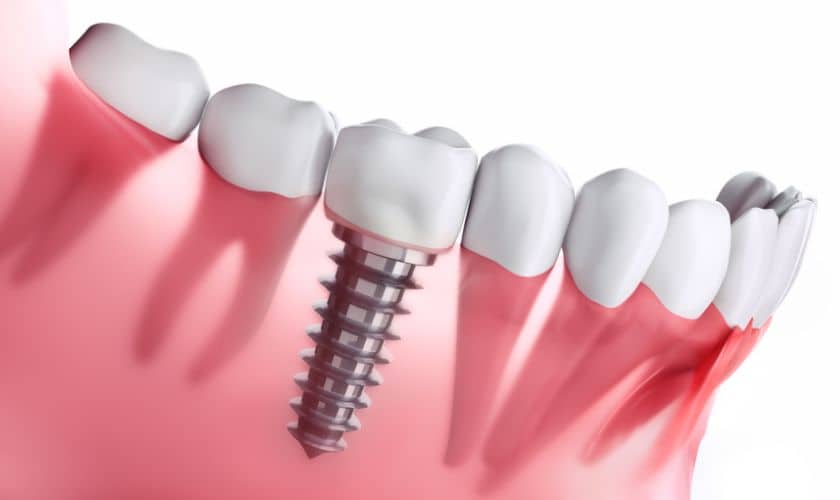Contrary to popular vernacular, a root canal isn’t a dental procedure; it’s the channel through which your tooth receives its essential minerals, nutrients, and hydration. Often called root canal for short, root canal treatment (or RCT) involves cleaning and sealing these passages when your tooth’s internal tissues are severely infected. The procedure is a last-resort effort to save a tooth before it requires an extraction, and can offer relief from the debilitating discomfort of infected nerves and blood vessels. There are alternatives to root canal treatment, but the choices are limited to waiting until the tooth is completely destroyed, extracting the tooth (which is only preferable when absolutely necessary), or Dr. Wright’s favorite, prevent tooth infection in the first place.
Wait it Out, and Replace the Tooth
Hypothetically speaking, let’s imagine you decide to wait out the tooth decay. Perhaps you’d like to give the tooth a chance to heal on its own, without having to subject it to complex treatment. Unfortunately, that will never happen. Unlike your bones and other body tissues, your teeth don’t possess the cells needed to heal and regenerate themselves. Also, tooth decay is progressive, and will continue to eat your tooth’s structure until stopped. If you decide that you’d rather extract it, Dr. Wright will advise against it if the tooth can be saved. Waiting until extraction is the only option may grant the infection enough time to spread to the surrounding gums and jawbone, complicating your treatment and placing the rest of your oral health at risk.
Act First, and Prevent Infection
You can avoid the need for root canal treatment by taking good care of your teeth and preventing tooth decay from forming. Tooth infection starts with bacteria that produce acids to destroy the enamel surrounding your teeth. The bacteria feed on sugars and other carbs, so checking your snacking habits will go a long way in preventing bacterial acid production. Brushing and flossing your teeth at least twice a day stops bacteria from gathering in force and inhibits the amount of tooth-destroying acid they produce. Dr. Wright can keep an eye on your teeth for signs of early cavity development and stop it if detected, but only if you attend your dental checkups and cleanings on schedule (at least once every six months).
About Your Southlake Dentists:
As a native Texan, Dr. Gregory Wright opened his private practice in Southlake, TX in 1992. He and Dr. Victoria Heron are happily accepting new patients from Southlake, Grapevine, Keller, Trophy Club, Colleyville, and all surrounding communities. To schedule an appointment, call our office today at (817) 481-7999.





